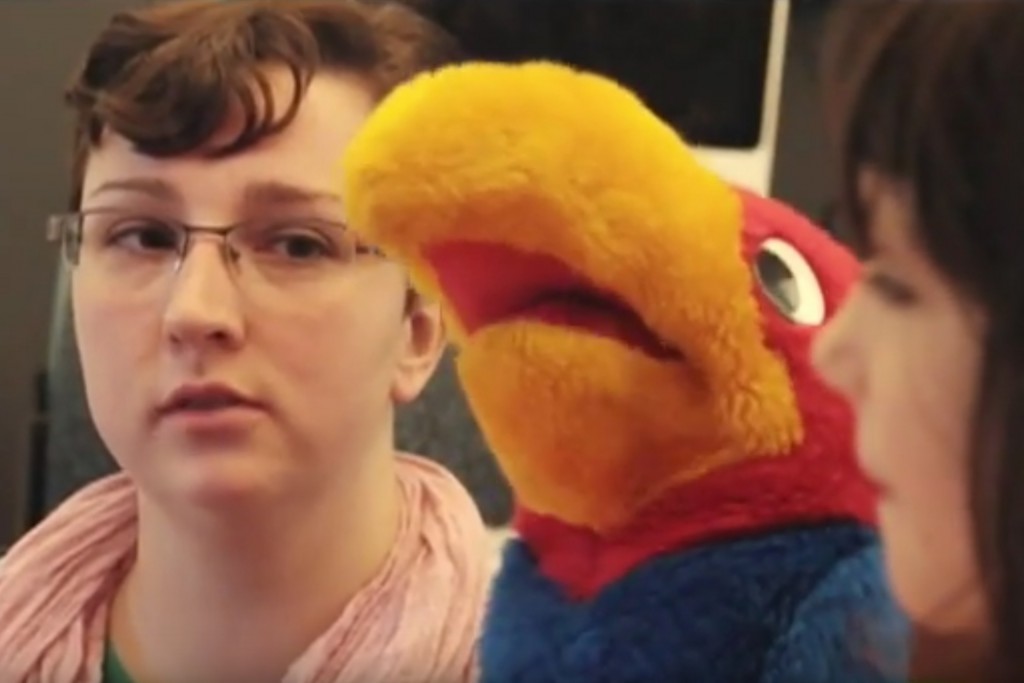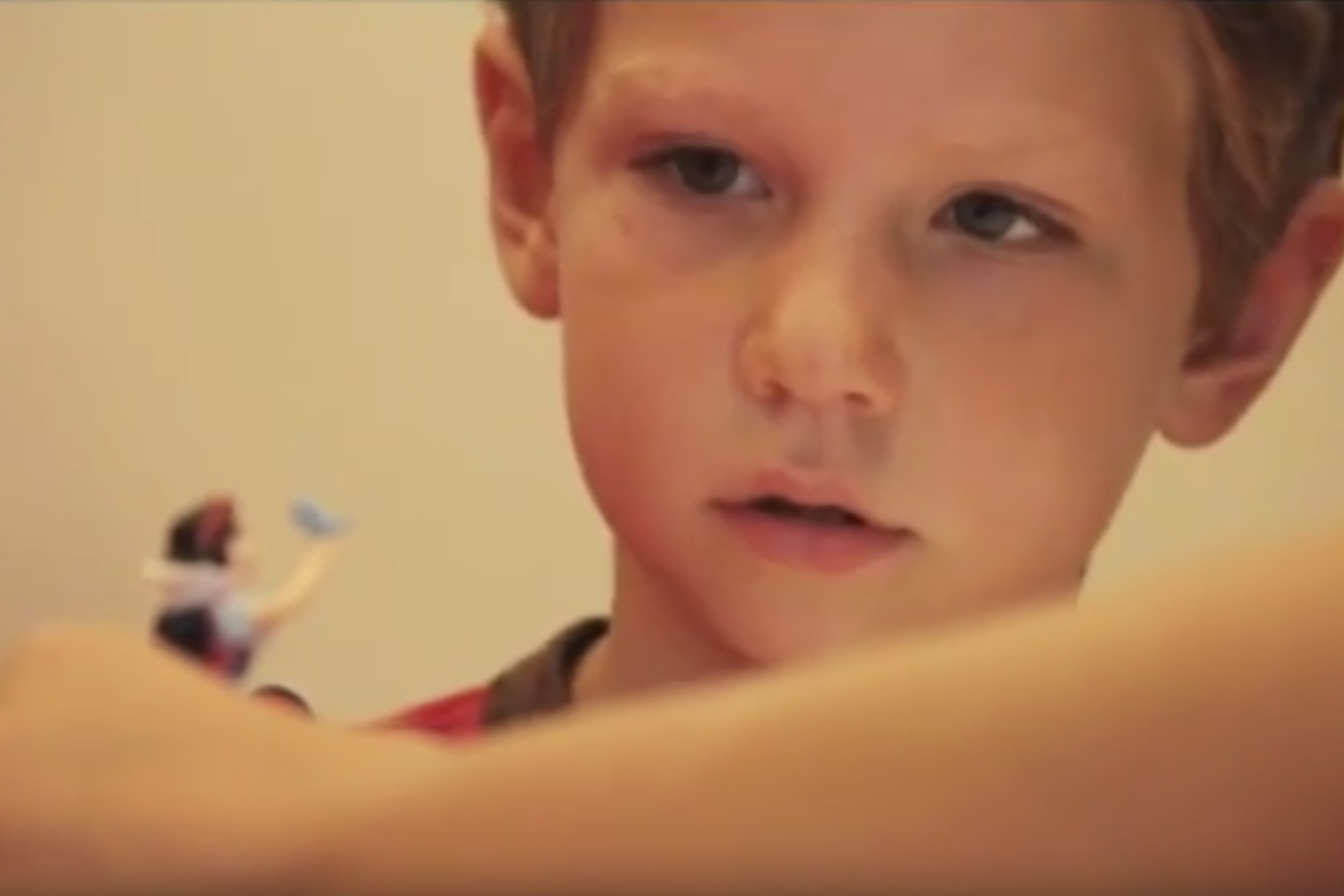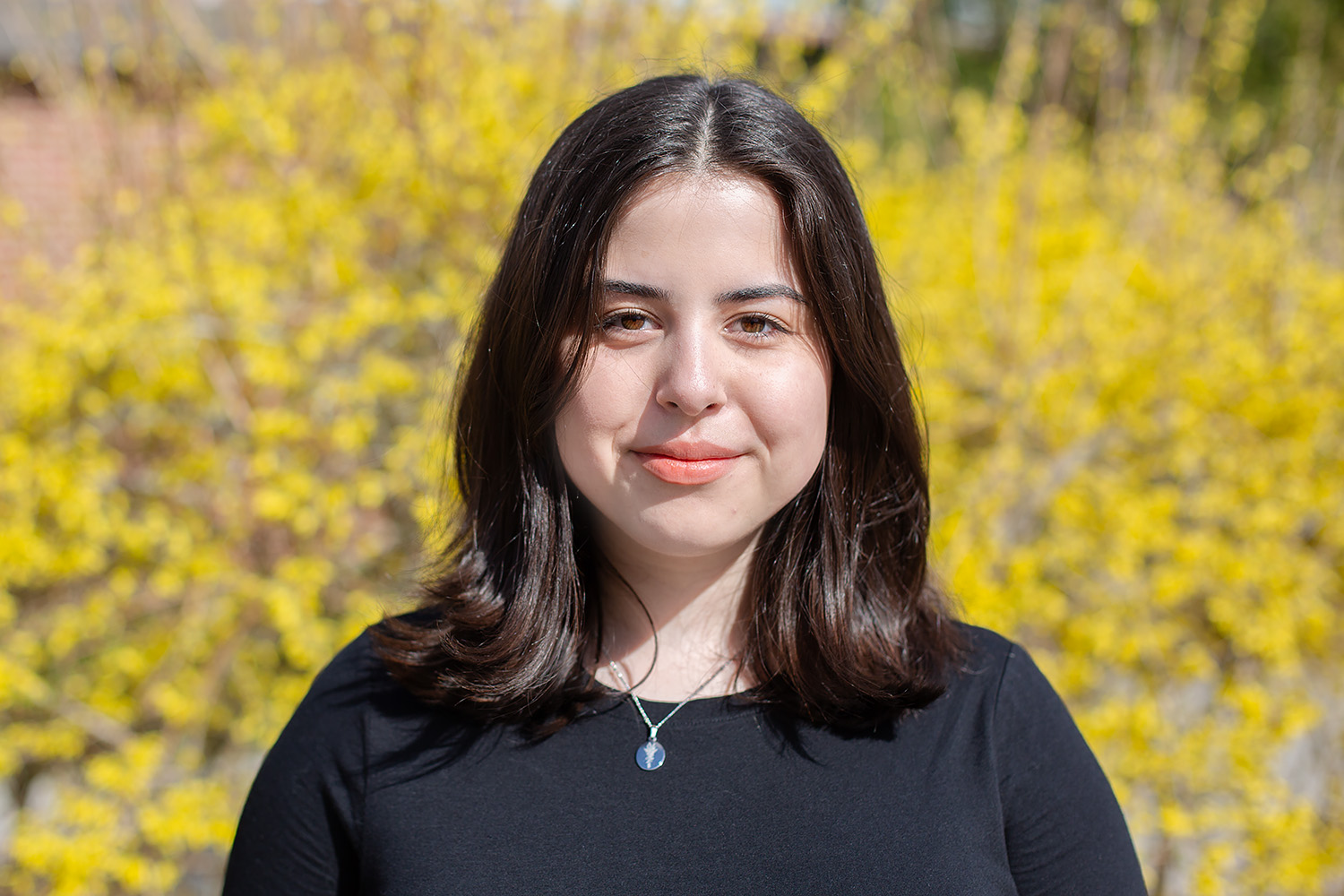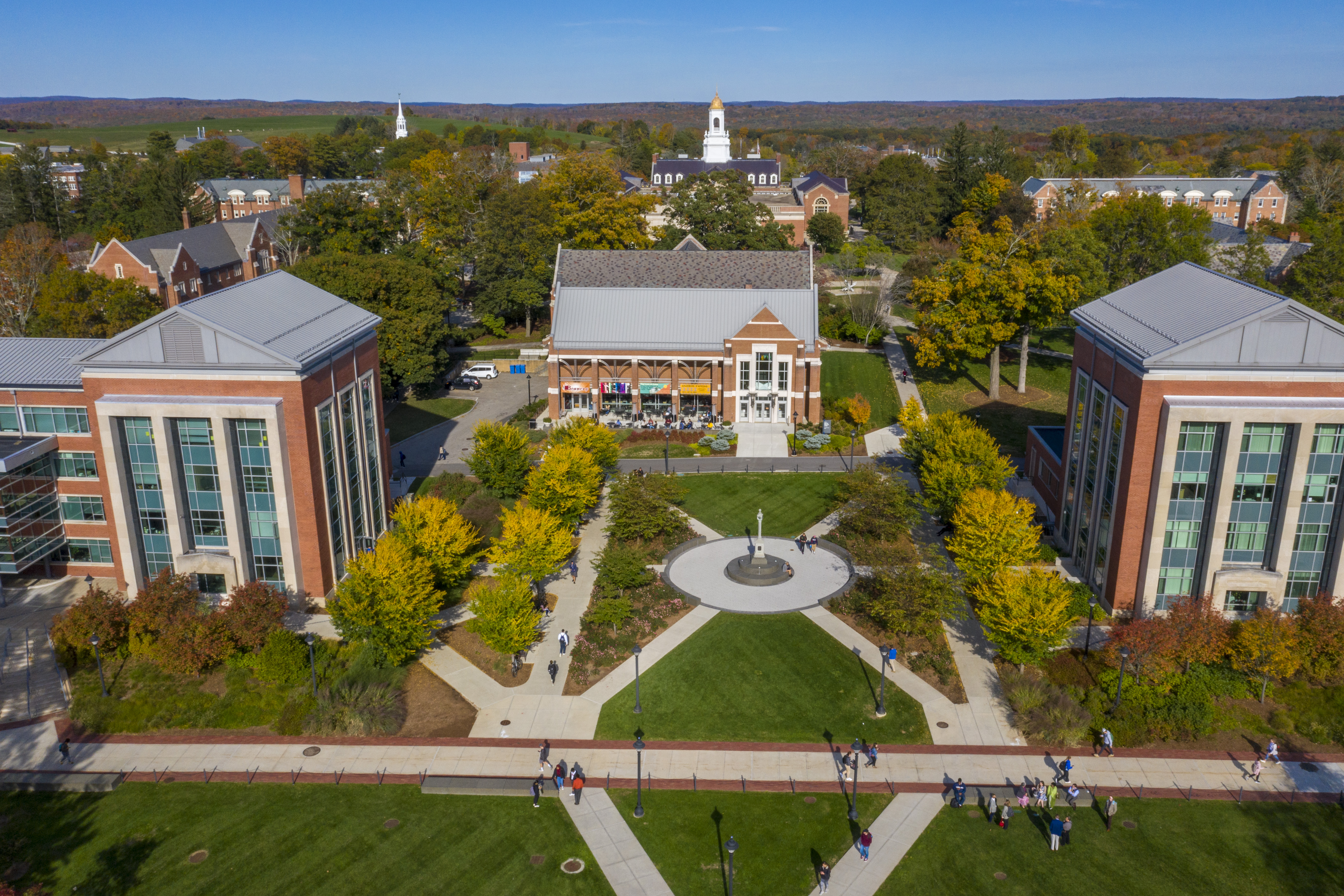Children understand nearly everything about their language by the time they are 5 years old. Yet some things, like the passive voice, are a mystery to them for many more years. Linguistics researchers at UConn are now studying just how they learn to speak their native language by asking children themselves – with the help of a puppet named Gobu.
“People have the idea that language is very simple, because they speak a language,” says William Snyder, professor of linguistics in the College of Liberal Arts and Sciences. “How hard could it be? I do it without even thinking about it.”

In this video, Snyder and graduate student Emma Nguyen describe an experiment in which children around 7 years old are asked to make judgments about the accuracy of sentences, including statements in the passive voice. Their responses help linguists understand exactly what stages children are going through at specific points in their lives.
Linguists can then work with neuroscientists to understand what changes are happening in the brain that create the ability to understand these complex sentences.
“It’s a really good baseline, so when you have children with language delay or language impairment, we have something to compare it to,” says Nguyen.
“As linguists, our goal is to understand: how does our brain interpret language, and how do we learn language? And I think that’s really awesome,” she says. “It makes me feel very fulfilled in the research that I do.”



